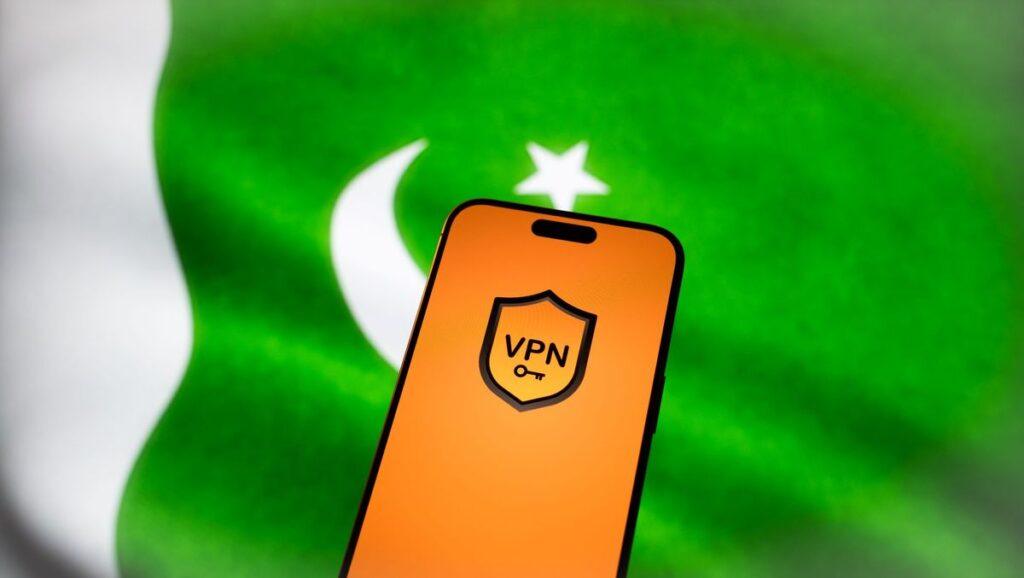The rise in VPN usage is the cause of slow internet speeds in Pakistan, where each megabyte of data routed through these services costs the country’s economy approximately $1.
This shocking revelation came from a recent report published by the Pakistan Telecommunication Authority (PTA), local publications including English-language Pakistani newspaper The Express Tribune can reveal.
While this is not the first time authorities have condemned unauthorized VPN use for, among other things, slowing down the Internet, experts have long argued that government-imposed censorship is to blame for the disruption. Internet in Pakistan.
The ongoing debate over Pakistan
According to the PTA report, as reported by The Express Tribune, the increasing reliance on top VPN apps “has put additional pressure on Pakistan’s internet infrastructure.”
This is because, authorities explain, virtual private network (VPN) services bypass local content delivery networks (CDN), causing inefficiencies. In addition, the high use of VPNs is also behind significant economic losses “due to increased dependence on currencies.”
According to PTA data, VPN bandwidth usage peaked at 634 Gbps in August, 597 Gbps in September, 815 Gbps in October, and 378 Gbps in November.
These figures are certainly not a surprise. Pakistanis have flocked to VPNs since the beginning of the year as a means of bypassing strict online restrictions.
X (formerly Twitter) has been inaccessible without a VPN since February. Meta’s Facebook and Instagram were also restricted in July 2024 and May 2023, respectively, according to Surfshark’s Internet Tracker. Bluesky and WhatsApp were the latest social media platforms blocked in the country this year.
It was in this context that the PTA first shared plans to regulate VPN use as a way to curb misuse in August. Authorities would later consider unregistered VPNs to be a “security risk” to Pakistan as they can be used to access “sensitive data.”
The PTA then set a deadline of November 30, 2024 to begin implementing the new policy, urging businesses and freelancers to register their services to avoid disruptions. However, when the registration deadline expired, it was revealed that Pakistan has no legal basis to ban VPNs, according to Pakistan’s Ministry of Justice.
On December 19, 2024, the PTA shared some new directives requiring VPN companies to obtain a Data Services Class License to operate within the country. VPN providers will also be forced to collect and share users’ usage information with authorities upon request, which de facto goes against their strict no-logs VPN policies.
While it is too early to know whether an attempt to regulate VPN use will be successful this time, it certainly begins a new phase in the PTA’s quest to regulate the use of these services in Pakistan.




